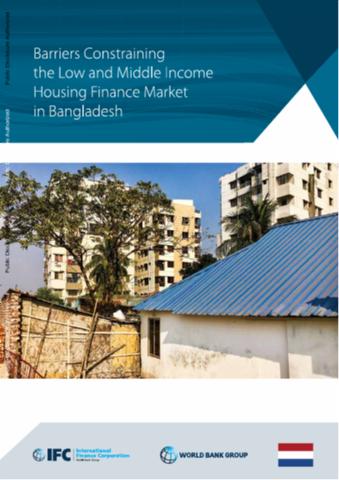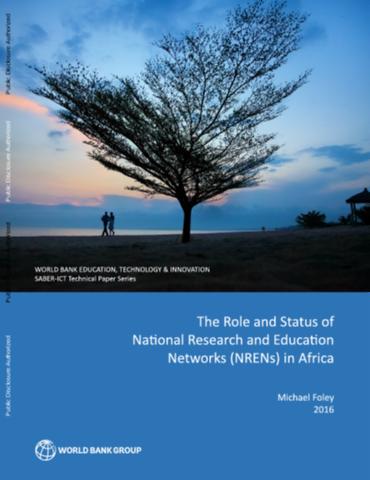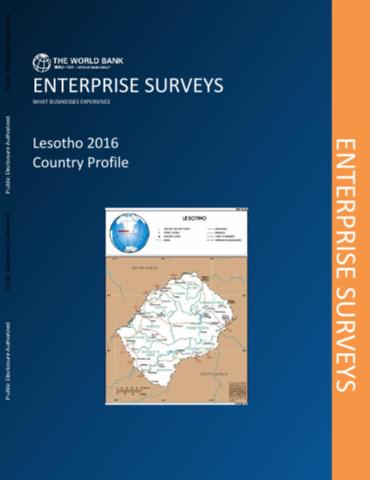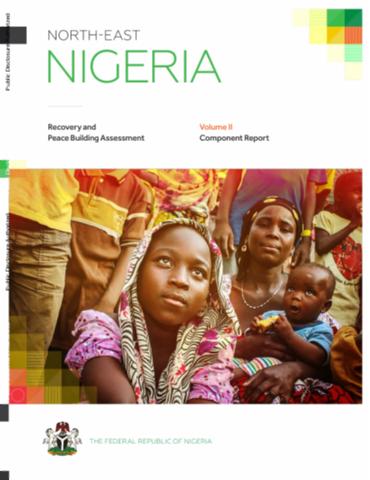The World Bank is a vital source of financial and technical assistance to developing countries around the world. We are not a bank in the ordinary sense but a unique partnership to reduce poverty and support development. The World Bank Group has two ambitious goals: End extreme poverty within a generation and boost shared prosperity.
- To end extreme poverty, the Bank's goal is to decrease the percentage of people living on less than $1.25 a day to no more than 3% by 2030.
- To promote shared prosperity, the goal is to promote income growth of the bottom 40% of the population in each country.
The World Bank Group comprises five institutions managed by their member countries.
The World Bank Group and Land: Working to protect the rights of existing land users and to help secure benefits for smallholder farmers
The World Bank (IBRD and IDA) interacts primarily with governments to increase agricultural productivity, strengthen land tenure policies and improve land governance. More than 90% of the World Bank’s agriculture portfolio focuses on the productivity and access to markets by small holder farmers. Ten percent of our projects focus on the governance of land tenure.
Similarly, investments by the International Finance Corporation (IFC), the World Bank Group’s private sector arm, including those in larger scale enterprises, overwhelmingly support smallholder farmers through improved access to finance, inputs and markets, and as direct suppliers. IFC invests in environmentally and socially sustainable private enterprises in all parts of the value chain (inputs such as irrigation and fertilizers, primary production, processing, transport and storage, traders, and risk management facilities including weather/crop insurance, warehouse financing, etc
For more information, visit the World Bank Group and land and food security (https://www.worldbank.org/en/topic/agriculture/brief/land-and-food-security1
Resources
Displaying 216 - 220 of 4907Informing Future Interventions for Scaling-up Sustainable Land Management.
The review was conducted with the aim to provide guidance for future engagement / investments, in particular in the context of recent AU declarations on agriculture and on land restoration by NEPAD, GEF, TerrAfrica, the Great Green Wall Initiative for the Sahel and Sahara (GGWISS), UN agencies and other donors.
This paper provides an abridged summary of the findings for easier access by country policy / decision
makers, agencies, development partners and donors, as a basis for informing future interventions for scaling-
up sustainable land management (SLM).
Barriers Constraining the Low and Middle Income Housing Finance Market in Bangladesh
The study aims to assess the market for low and middle income housing finance in Bangladesh and identify the demand trajectory of this segment over the next 4 years. In addition, the report identifies factors that constrain the housing finance from serving low and middle income households.
The Role and Status of National Research and Education Networks in Africa
The aim of this report is to provide guidance to governments, institutions, and development partners on how to approach the provision of advanced information and communication technology (ICT) services to the higher education and research community in Africa. The timing is appropriate as it coincides with a transformation in the telecom infrastructure and services on the continent as fiber optic connectivity, both undersea and on land, is expanding at a rapid pace.
Enterprise Surveys
The Enterprise Surveys (ES) focus on many aspects of the business environment. These factors can be accommodating or constraining for firms and play an important role in whether an economy’s private sector will thrive or not. An accommodating business environment is one that encourages firms to operate efficiently. Such conditions strengthen incentives for firms to innovate and to increase productivity, key factors for sustainable development.
North-East Nigeria Recovery and Peace Building Assessment
Since 2009, insecurity in the North-East of Nigeria has led to the loss of over 20,000 lives and the displacement of over two million people. Throughout the region livelihoods have been disrupted, and homes, public buildings and infrastructure destroyed. In a part of Nigeria where 80 percent of people rely on agriculture for their livelihoods, much has been lost. People have been forced from their land and livestock has been killed. In many areas, land mines and other remnants of war bring challenges for safe and voluntary return.










